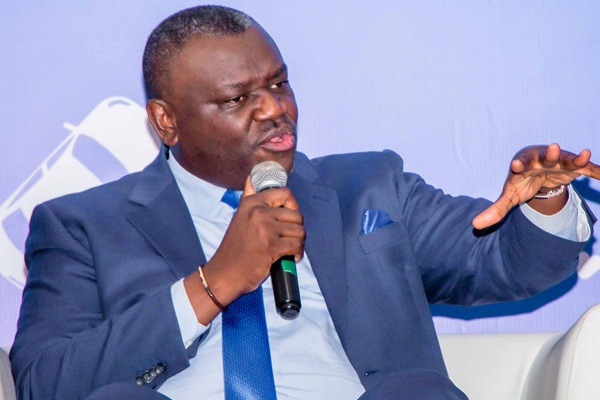The government of the Democratic Republic of the Congo aims to make the country a top international tourist destination by 2030. To attract 10 million visitors and create between 200,000 and 500,000 jobs, social networks have been identified as a key tool, along with other services.
On September 11, Augustin Kibassa Maliba, Minister of Posts, Telecommunications and Digital Affairs, highlighted the importance of social networks for promoting the country's image internationally. "We, Congolese, are key tourism players to ensure that our country is visited by investors. Beyond the efforts made by the government, we have a responsibility to speak well of the Congo to our children... We must know that the image we want to build must first be carried by future generations," Maliba said during a Forum to Validate the National Tourism Strategy.
Maliba also mentioned that new telecommunications laws now allow for the prosecution of offenses committed through social networks: "We're in the process of educating the Congolese about what's in these texts that protect us all, including the country's brand image. When the time comes, we'll tighten the screw because it's not normal to see what's happening on social networks."
During the recent China-Africa Cooperation Forum held in Beijing from September 4 to 6, the DRC signed a memorandum of understanding with an undisclosed Chinese company for a social network monitoring system. Commenting on the matter, Maliba clarified that this would not involve blocking networks or closing accounts; instead, it aims to encourage quality content production as part of the country's branding strategy.
The DRC's economy heavily relies on natural resources like lithium and cobalt. However, in line with International Monetary Fund (IMF) recommendations, the country now seeks to diversify its economy.
Tourism contributes less than 2% to GDP, according to the Congolese Ministry of Tourism, and 1.8% according to the World Travel and Tourism Council in 2024.
Muriel Edjo










